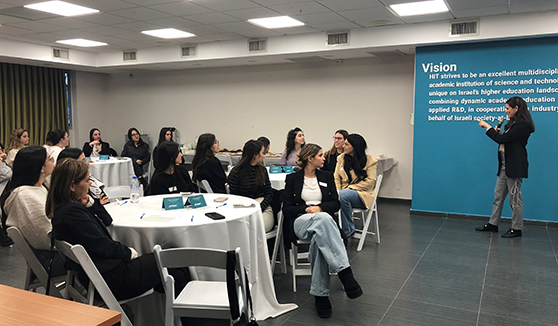Scheduling
multi-Mode Resource Sharing Project Scheduling Problem (MRSPSP) by an Advance Genetic Algorithm. The resource sharing and scheduling problem deals with the assignment and scheduling of multiple products where each product requires a set of operations. Each operation uses multiple resources in various optional modes. The problem is to select a single mode for each operation and, accordingly, to allocate and schedule the resources in order to minimize the makespan. . A GA for the Resource Sharing and Scheduling Problem" published in ORSIS - Operations Research Society Israel Conference – 18 May 2008 (with Pinto and Rabinowitz).
Key Success Factors in Project Management
-
The impact of organizational culture on the project success ..
-
The effect of knowledge management on project success,The focus of this study is to measure the Effect of knowledge management in project success .
A simulation game for learning
The current paper describes a simulation game intended for training project management. The uniqueness of this simulation is that it focuses on training the execution phase of a project, rather than the planning phase. Moreover, it better introduces the study of project risk management to project management students. The simulation game provides the "players" with the realistic events of individual project scenarios in order to enhance their coping and decision-making skills as well as hone their general reactions. The system concentrates on simulating the risk events that occur during a project’s execution phase, the challenges facing the project managers and the evaluation of their decisions. The game is designed for either one or several teams competing among themselves. The simulation game's validity was tested on more than 200 undergraduate students in their advanced project management course. Statistical results about the simulation's contributions are presented in relation to several aspects of project management. Training project management using the Project Management Simulation (PMSIM) game published in Learning with Games 2007 , Sophia Antipolis, France, 24-26 September 2007 (with A. Gonen)
Operations research and algorithms
The set covering problem is well known as an NP-complete problem. The problem is to cover N sites by allocating minimum number of servers. Each server covers a subset of sites, and all the servers cover all the sites. A common heuristic algorithm that solves the problem is the Greedy type algorithm. In this study we present The Improved Heuristic Algorithm (IHA). The algorithm is looking, at each step, for the most problematic site to be covered and it selects one of the servers that cover it. (In cases of more than one problematic site, the algorithm choose it, randomly).
The study includes formulating a random problem generator and comparison analyses between the two algorithms. It looks for cases that the IHA is better versus those cases that Greedy is better. In almost all cases the IHA was better. However, there are families of problems where the IHA was much better and other families that the difference was minor. The study is trying to characterize the families of problem for which, the IHA is much better. The study published in ORSIS - Operations Research Society Israel Conference – 22-23 April 2014 (with Gonen and Avrahami).




